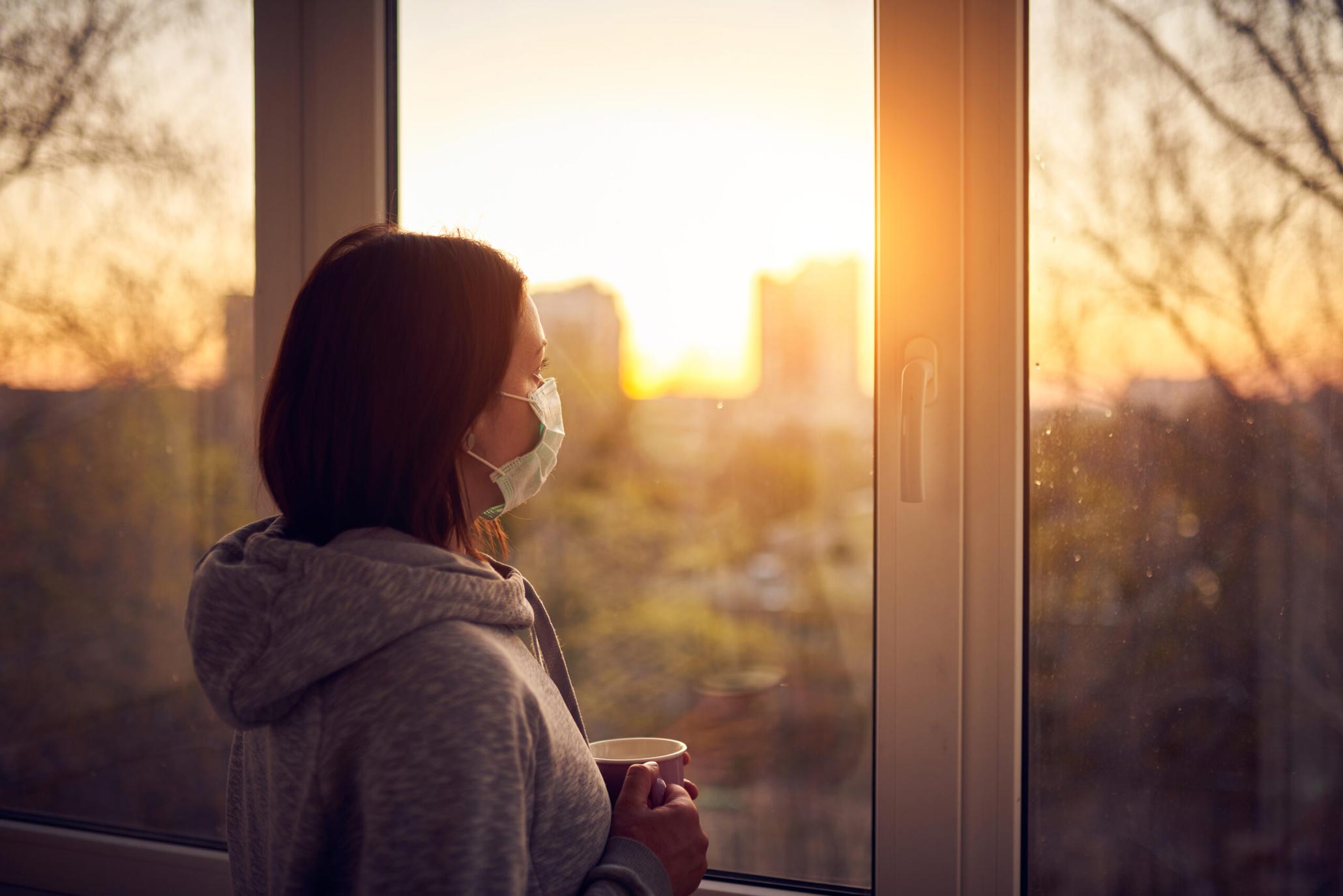COVID-19 left our world with many new challenges. In our personal lives, we struggled with loneliness, job loss, financial stress, as well as growing anxiety. As a society, we faced separation and division like never before. These obstacles were new to many, and that made coping difficult. For some, turning to substances seemed like the only way out of a dark spiral.
So why was the global pandemic a perfect storm for addiction?
Isolation
COVID-19 left many feeling lonely and isolated. For those living alone—and even those with their immediate family around them—the inability to connect with coworkers and friends was a heavy weight to bear. Countless hours and days in the same space doing the same handful of activities felt imprisoning and demoralizing.
Many turned to substance use to feel relief from the new reality which felt neverending.
Abuse
Domestic violence is already a serious problem in the United States. The National Coalition Against Domestic Violence estimates that around 10 million people are physically abused each year. Under normal circumstances, victims would find respite at school or work, but with the COVID-19 pandemic, abusers were given a new opportunity to control and isolate their victims.
To cope with the abuse, victims may have turned to alcohol or other substances to overcome their emotional pain. If they suffered a serious injury at the hands of their abuser, they may have been prescribed an opioid that developed into a serious addiction.
Financial stress
Before the pandemic, finances were a main source of stress for 44 percent of Americans. But with business closures, increased unemployment, and lost income, that number jumped to nearly 88% in March 2020.
People were looking for a release and temporary relief from the burden of financial stress. According to one survey, 16 percent of U.S. adults said they drank more during the pandemic and 25 percent said they turned to alcohol to cope with stress.
Untreated mental illness
The perfect storm of isolation, money issues, and anxiety made untreated mental illness an even graver problem for Americans. Those who always “overcame” feelings of depression or anxiety could no longer ignore their struggle. Internalized stigma about reaching out for help or the inability to feel connected with others while in quarantine made many turn to new forms of relief—including substance use.
But the future is hopeful for those who fell into dangerous substance use patterns. At Valley Oaks, we specialize in addressing and overcoming addiction. If you’re ready to begin the journey toward recovery, join us.







